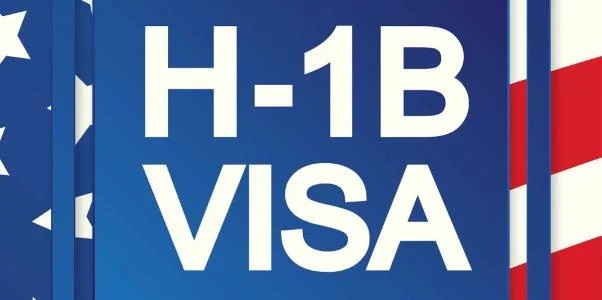As we edge closer to the FY 2025 H-1B visa lottery, an event that marks a pivotal moment for numerous businesses and aspiring professionals worldwide, our firm stands ready to guide you through this complex and highly competitive process. The H-1B visa, a gateway for skilled workers in specialty occupations to enter and contribute to the U.S. workforce, remains a cornerstone of global talent acquisition. With our unwavering commitment to excellence and a deep understanding of immigration law, we are here to ensure that you are thoroughly prepared and informed for the upcoming lottery.
The H-1B visa lottery, officially known as the H-1B cap, is a critical mechanism in the U.S. immigration system, designed to fairly allocate a limited number of visas to foreign professionals in specialty occupations. Each fiscal year, the U.S. Citizenship and Immigration Services (USCIS) opens a registration window, allowing employers to submit entries for prospective employees. Due to the high demand and limited supply of H-1B visas, the lottery system is employed when the number of registrations exceeds the annual cap of 65,000 visas, with an additional 20,000 visas reserved for applicants holding a master’s or higher degree from a U.S. institution.
Key Requirements for H-1B Lottery Registration:
- Employer Registration: Employers must register through the USCIS online system.
- Beneficiary Details: Full details of the foreign worker (beneficiary) must be provided, including qualifications and job role.
- Specialty Occupation Proof: The job must qualify as a specialty occupation.
FAQs on H1B LOTTERY REGISTRATION
1. What is the H-1B visa lottery?
The H-1B lottery is a random selection process used by USCIS when the number of registrations exceeds the annual H-1B visa cap.
2. How many H-1B visas are available annually?
Typically, 65,000 visas are available under the regular cap, with an additional 20,000 for those with a master’s degree or higher from a U.S. institution.
3. Who can apply for the H-1B visa?
U.S. employers seeking to hire foreign workers in specialty occupations.
4. What qualifies as a ‘specialty occupation’?
A job that requires specialized knowledge and at least a bachelor’s degree or equivalent in the specific field.
5. Can I apply for the H-1B visa myself?
No, your employer must submit the registration on your behalf.
6. What happens after my registration is selected in the lottery?
Your employer will be eligible to file a detailed H-1B visa petition for you with USCIS.
7. Can I stay in the U.S. while my H-1B visa is processed?
It depends on your current visa status and should be discussed with an immigration attorney.
8. How long can I work in the U.S. on an H-1B visa?
The H-1B visa is typically valid for three years and can be extended. The maximum period is generally six years.
9. What if my registration is not selected in the lottery?
You may explore other visa options, or your employer can register again in the following year.
For any personal queries or assistance with your immigration needs, don’t hesitate to reach out to Zepeda Law Firm. Remember, understanding and navigating immigration law is a journey, and we’re here to guide you every step of the way.
Stay tuned for more insights and updates from the world of immigration law. Until next week!
SOURCES:
- https://www.boundless.com/immigration-resources/h-1b-lottery-cap-explained/
- https://www.uscis.gov/working-in-the-united-states/temporary-workers/h-1b-specialty-occupations-and-fashion-models/h-1b-electronic-registration-process
- https://redbus2us.com/visas/usa/h1b-visa/fy-2025-season/
IMAGE SOURCE: https://www.natlawreview.com/article/uscis-conducts-third-h-1b-cap-lottery


